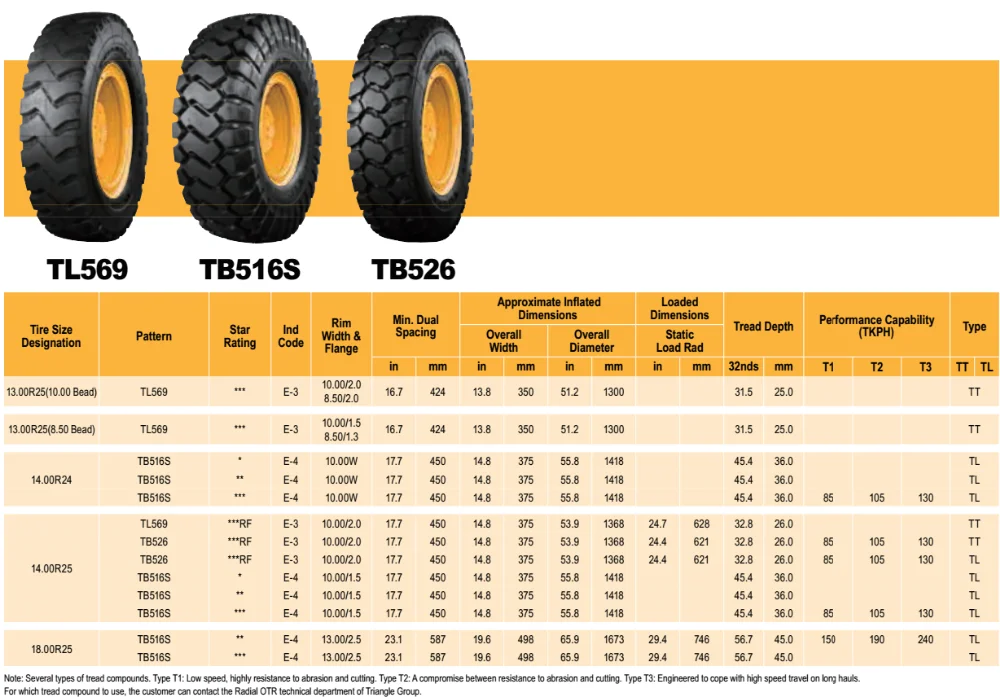When a business or supplier is looking to import tires into the U.S. it is important to note several factors at play. From the regulations to the transportation duties and the required paperwork, importing tires into the United States involves many practical steps.
The majority of tires imported into the U.S. must comply with Federal Motor Vehicle Safety Standards (FMVSS) in addition to standard import requirements. A certificate showing that tires comply with the FMVSS must be provided at the time of import. Because imported tires are regulated by the Department of Transportation (DOT), a customs bond will also be required.
Our guide below outlines the 6 steps you need to follow to successfully import tires into the U.S.
Table Of Contents
The Importer of Record (IOR) is responsible for all tasks associated with custom clearance in the United States, including making sure that the imported goods comply with all relevant laws. The Importer of Records could be the shipper, receiver, or a third party. This means that the U.S.-based importer might be responsible, but in some cases, the foreign supplier is the IOR.
Many inexperienced importers assume that the foreign supplier handles every aspect of the importing. As a result, many companies are taken by surprise upon discovering that they have to handle every task.
One way to determine if you or your supplier will be the Importer of Record is to verify the Incoterms of the shipment. Incoterms, short for international commerce terms, outline who is responsible for tasks and responsibilities related to shipping and clearing customs. In total, there are 11 different Incoterms arrangements that outline the various responsibilities.
Listed below are some of the most commonly used Incoterms rules:
If you’re unfamiliar with Incoterms, feel free to check out our blog What Are Incoterms? Additionally, our team of customs experts are available to review your purchase and/or shipment details to help you determine what responsibilities you’ll have in regards to importing your products.
Need Help Importing Tires Into the U.S.?
Our customs experts are here to help
Consult With An Expert >
Ensuring your imported tires comply with National Highway Traffic Safety Administration (NHTSA) requirements is essential. Tires found to be non-compliant at the time of the import will lead to additional inspections, delays in importing, and possible seizure of goods.
Tires comply with various standards, depending on the vehicle the tire is for. For example, brand new tires intended for use in on-road vehicles have different requirements than tires designed for motorcycles. Manufacturers
Also, the tires require a requisite number of markings. Some markings are mandatory, including some of the following:
While you don’t need to know every single standard for imported tires, your manufacturer/supplier does.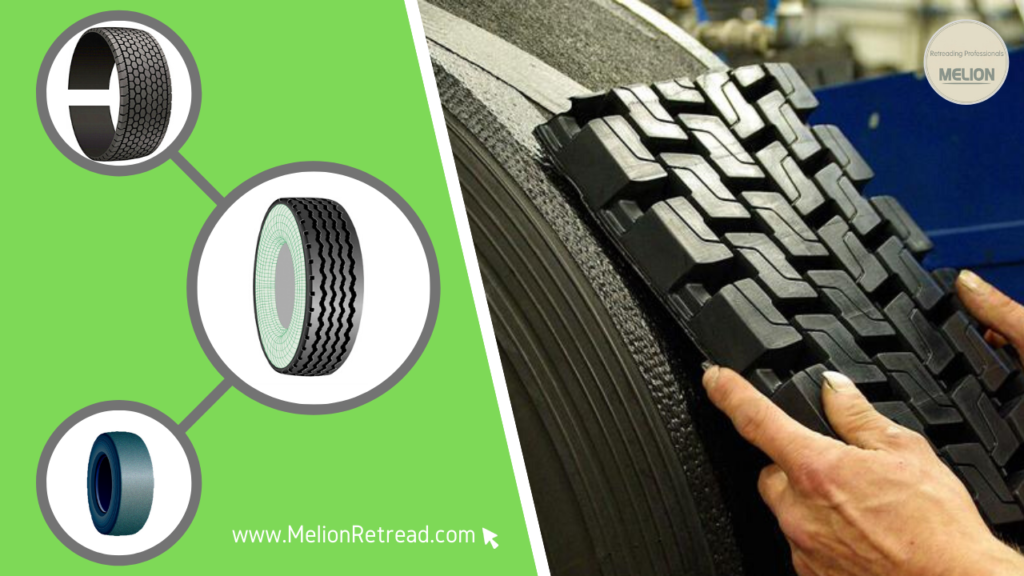 In fact, before a tire manufacturer can actually produce tires bound for the U.S. they need to register with the NHTSA. As an importer, this detail is critical.
In fact, before a tire manufacturer can actually produce tires bound for the U.S. they need to register with the NHTSA. As an importer, this detail is critical.
Before agreeing to purchase and import tires from a foreign provider, be sure to verify that they’re registered with the NHTSA. Every manufacturer of U.S. tires has a unique identification number that they should be able to provide to you. If you’ve already purchased tires from a foreign supplier and are worried you might have an issue, our team is here to help. We can review your documentation to help you determine whether you’re going to need additional support for your import.
Need Help Importing Tires Into the U.S.?
Our customs experts are here to help
Consult With An Expert >
Every product imported into the U.S. is required to be labeled with the correct 10 digit HTSUS number. Numbers are assigned to each product and individual variation as well.
The majority of imported tires fall under two HTSUS subheadings:
The 6 digits that follow the subheadings above depend on various characteristics of the imported tires including:
The HTS code of your tires will determine certain vital factors, including the import duty rate. It is crucial to have the correct classification when you are importing tires. Products using incorrect HTS codes will have an improper duty rate and undergo additional inspections at the importer's cost.
You can request that your manufacturer/supplier provide you with the HTSUS for your imported tires. If they’re not able to provide you with this, the best solution is to have a Licensed Customs Broker classify your tires. Our team has significant experience in accurately classifying products for our clients. Obtaining an accurate tariff classification ensures you’ll pay the correct import duty and won’t face unnecessary delays in the import process.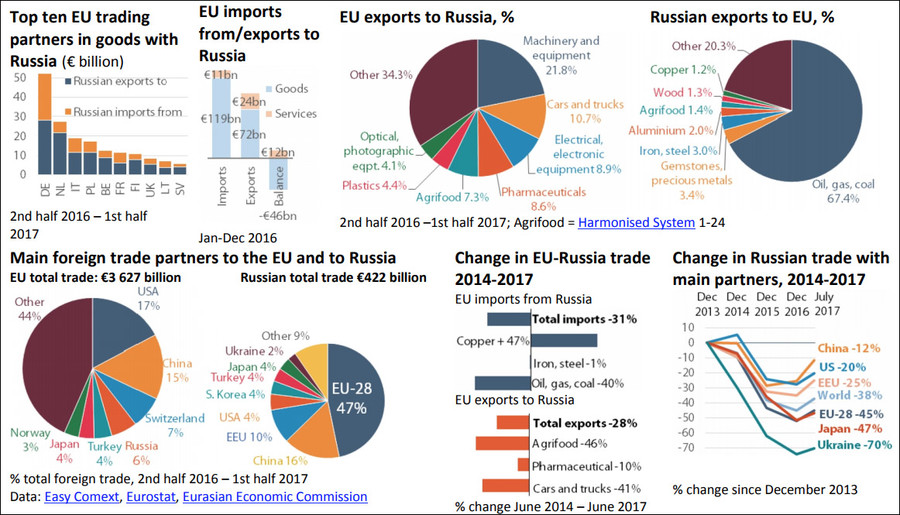
Need Help Importing Tires Into the U.S.?
Our customs experts are here to help
Consult With An Expert >
Dumping happens when a foreign exporter or producer sells a product in the United States below “normal value.” Last year, investigations were opened by the U.S. Commerce Department into vehicle tire imports from Asian countries such as Vietnam and South Korea to determine if they were being sold at less than fair value.
Antidumping and countervailing duties (AD/CVD) can tack on up to an additional 500% of the value stated on the commercial invoice. With that being said, even with this additional expense, it may be financially beneficial to import. Importing products that are subject to AD/CVD duties makes things a bit more complicated, but not impossible by any means.
Our Licensed Customs Brokers can consult with you and help you determine whether your imported tires will be subject to AD/CVD duties and what the exact percentage will be.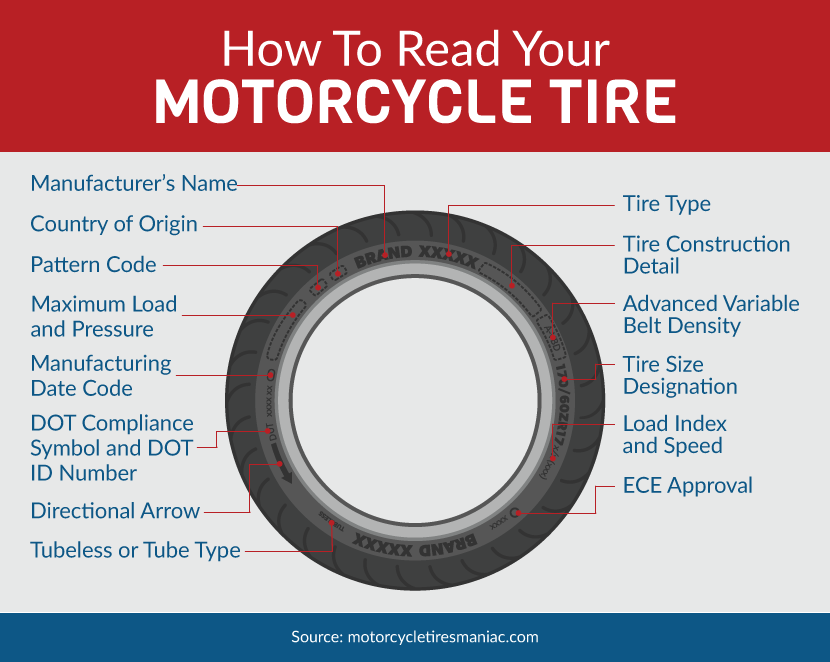
Need Help Importing Tires Into the U.S.?
Our customs experts are here to help
Consult With An Expert >
Once the various stages have been determined and set in stone, it is vital to arrange for transportation and warehousing details in advance to ensure there are no delays in the process. Sometimes, there is a need to use more than one mode of transport. Your transportation options are broken down into four categories:
This is a flexible option. It allows you to track your goods, schedule transport, and pay relevant fees with ease. However, long distances need to be factored in depending on traffic, toll fee charges, and the quantities of your tires.
Transporting goods by sea allows you to ship larger volumes at a lower cost. Shipping containers can be used when transporting goods by land too. It is important to consider that international transportation could be delayed due to a variety of external factors, including the pace of transportation, shifts in weather, and rigid routes and schedules.
2021 has seen a new cause for delays in ocean imports, especially on the west coast ports of the U.S. To learn more, check out our article on the West Coast Port Congestion.
An environmentally friendly option for many suppliers. However, rail can have inflexible schedules and may not be suitable for certain locations. While rail is a popular solution in continents like Europe, the efficacy of transporting the tires is entirely dependent on the infrastructure of the country you are importing from.
Air transport is the quickest way for tire delivery and distribution in international trade. Air transport is also one of the safest methods of transport, guaranteeing your goods arrive securely.
It is crucial to choose the right transportation options while ensuring that your tires are stored with the appropriate professional acumen.
In addition, finding the right warehousing supplier has a significant impact on the quality of your storage. Choosing a warehouse with the appropriate racking while also having a cool and dry environment is crucial for ensuring the health and longevity of the tires.
Choosing a warehouse with the appropriate racking while also having a cool and dry environment is crucial for ensuring the health and longevity of the tires.
Tires require a particular storage setup and need to be stored tension-free or compression-free, at a room temperature between 59 and 77 ºF, and somewhere where they do not come in direct contact with substances like lubricants and fuels. The right warehouse will also conduct necessary due diligence, such as DOT management and completing order processing efficiently.
Thankfully, we are partnered with our sister company, R+L Global Logistics which provides transportation and warehousing services. Through our convenient and industry-leading resources, you’re able to take care of all of your supply chain needs in one place.
The final piece of the process is obtaining a customs bond and gathering all required documentation. A customs bond, also known as an import bond or surety bond, is a way for you to ensure smooth commerce between countries.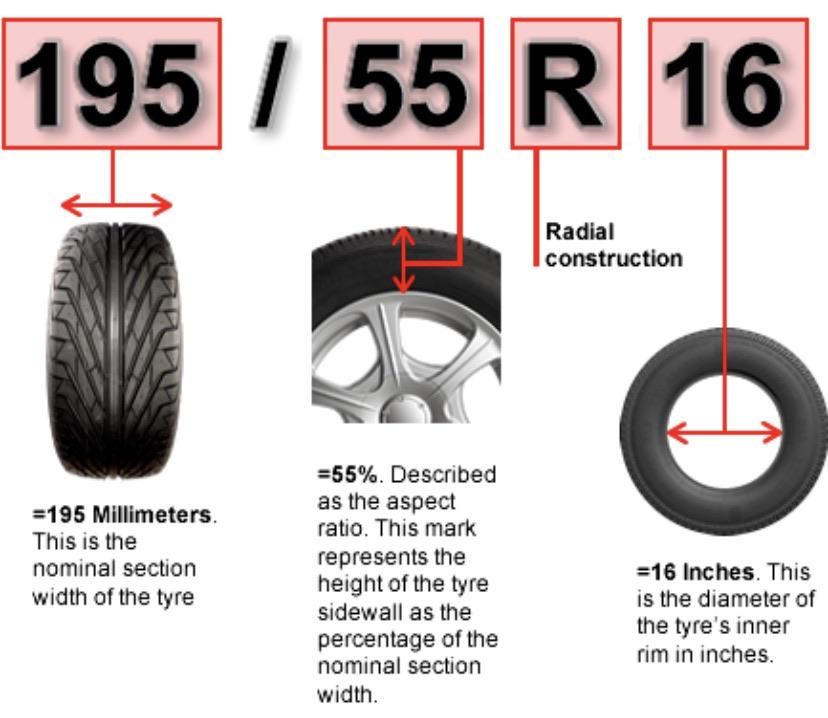 For any commercial goods valued over $2,500, customs bonds are required. They are also required when importing goods subject to other federal agencies’ requirements.
For any commercial goods valued over $2,500, customs bonds are required. They are also required when importing goods subject to other federal agencies’ requirements.
The purpose of a customs bond is to protect the interests of the U.S. and ensure compliance with any regulations or laws for duties paid upon importing goods. At USA Customs Clearance, we offer continuous customs bonds for just $275, providing continuity from the beginning to the end of the process.
Don't Forget Your Customs Bond When Importing Tires
Get your customs bond through our simple and fast process
Get A Customs Bond >
In addition to the customs bond, there are other documents that you will require to clear customs efficiently.
This is a document used for foreign trade and contains information about the products you are shipping internationally, including the HTS codes, the origin, destination, and manufacturer, as well as information such as the date and terms of sale.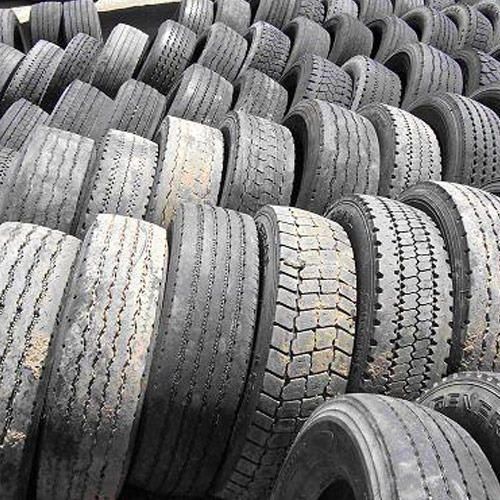
A packing list is used by CBP agents to confirm the contents of cargo arriving in the U.S. Typically this is given by freight forwarders or shippers.
This document is issued by the carrier to the shipper of the goods and is required for compensation should there be any delay, damage, or loss.
The arrival notice is a notice provided by the carrier when they arrive in the US. The arrival notice starts the process of a manifest query, which checks the location of the cargo, guaranteeing a swift and speedy transition.
As you can see, the steps required to import tires into the U.S. can be overwhelming! The most obvious way to handle the stress and complications with this task is to partner with our team of Licensed Customs Brokers.
Our team is licensed by the CBP and can help you with every stage, from securing your customs bond to arranging your transportation, as well as conducting the appropriate research into numerous duties, warehousing options and regulations.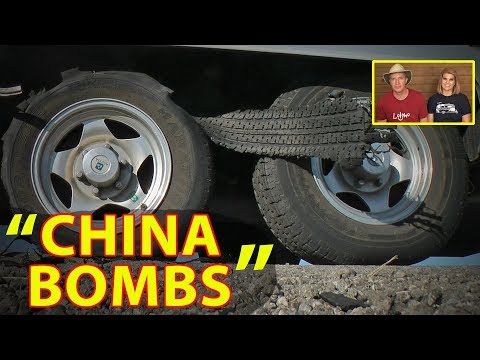
If you’ve already got a shipment scheduled to arrive and need our Licensed Customs Brokers to clear it for you, you can request a customs brokerage quote now. If you’re not ready and still have questions, schedule a consulting session with our team today. You’ll consult 1-on-1 directly with our Licensed Customs Brokers and get definitive answers to all of your importing questions.
Every year, China exports millions of truck tires to countries all over the world. If you’re in the market for truck tires, importing them from China can be a cost-effective option. But before you start sourcing tires from Chinese suppliers, there are a few things you need to know. In this article, we’ll give you an overview of the truck tire market in China, and provide tips on how to find the best suppliers. We’ll also share some insights into the import process, and explain what you need to do to get your shipment of tires from China to your destination.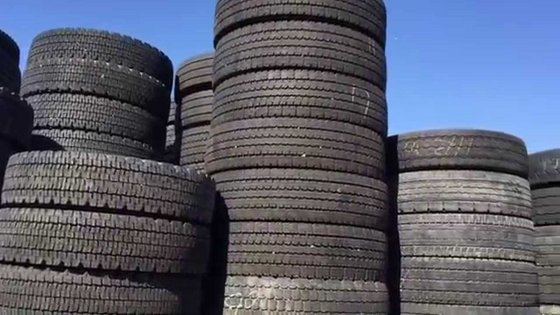 With a population of over 1.3 billion people, China is the world’s most populous country. It’s also the second largest economy, with a GDP of $12.01 trillion. The Chinese truck tire market is huge, and it’s growing quickly. In 2017, China’s truck tire market was worth $5.3 billion. By 2025, it’s expected to reach $9.8 billion. There are a number of reasons for the growth of the Chinese truck tire market. Firstly, the Chinese trucking industry is booming. The number of trucks on the road in China has increased rapidly in recent years, as the country’s economy has grown. Secondly, the Chinese government is investing heavily in the trucking industry. It’s estimated that the government will invest $500 billion in the sector between 2016 and 2020. This investment is resulting in an increase in the number of freight trucks on Chinese roads. In 2017, there were 3.75 million freight trucks in China. This is expected to increase to 5.25 million by 2025. As the Chinese trucking industry grows, so does the demand for truck tires.
With a population of over 1.3 billion people, China is the world’s most populous country. It’s also the second largest economy, with a GDP of $12.01 trillion. The Chinese truck tire market is huge, and it’s growing quickly. In 2017, China’s truck tire market was worth $5.3 billion. By 2025, it’s expected to reach $9.8 billion. There are a number of reasons for the growth of the Chinese truck tire market. Firstly, the Chinese trucking industry is booming. The number of trucks on the road in China has increased rapidly in recent years, as the country’s economy has grown. Secondly, the Chinese government is investing heavily in the trucking industry. It’s estimated that the government will invest $500 billion in the sector between 2016 and 2020. This investment is resulting in an increase in the number of freight trucks on Chinese roads. In 2017, there were 3.75 million freight trucks in China. This is expected to increase to 5.25 million by 2025. As the Chinese trucking industry grows, so does the demand for truck tires.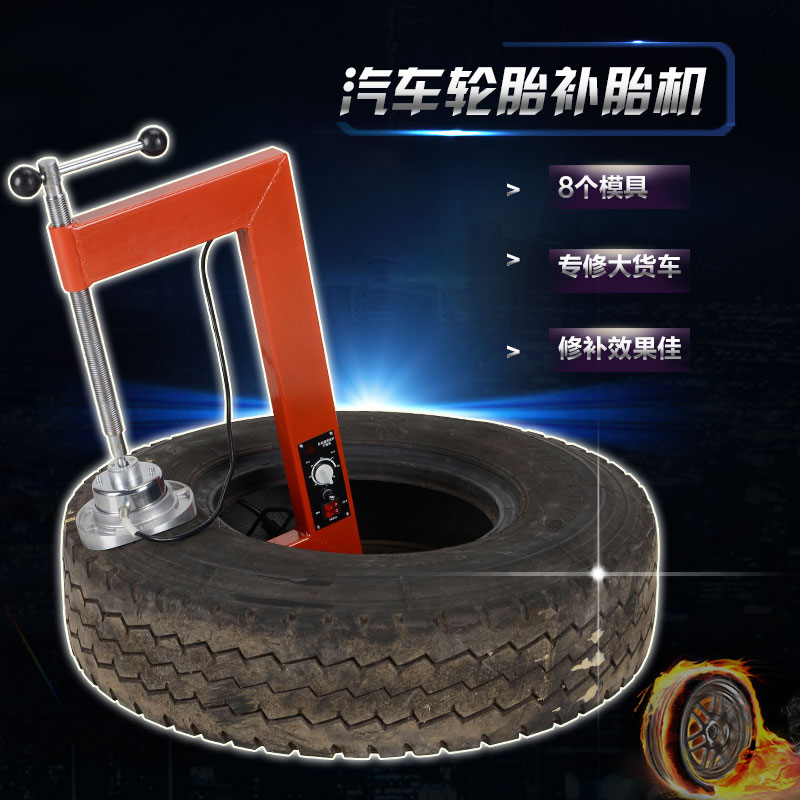 This is good news for foreign suppliers, as it provides an opportunity to tap into the Chinese market. If you’re thinking of importing truck tires from China, there are a few things you need to know. Firstly, you need to find a reputable supplier. There are thousands of tire manufacturers in China, so it’s important to do your research and find a supplier that you can trust. The best way to find a reputable supplier is to get recommendations from other businesses that have imported tires from China. You can also search online, and read reviews of different suppliers. Once you’ve found a few potential suppliers, the next step is to get in touch and ask for quotes. When you
This is good news for foreign suppliers, as it provides an opportunity to tap into the Chinese market. If you’re thinking of importing truck tires from China, there are a few things you need to know. Firstly, you need to find a reputable supplier. There are thousands of tire manufacturers in China, so it’s important to do your research and find a supplier that you can trust. The best way to find a reputable supplier is to get recommendations from other businesses that have imported tires from China. You can also search online, and read reviews of different suppliers. Once you’ve found a few potential suppliers, the next step is to get in touch and ask for quotes. When you
The impact of import duties on Chinese truck tires on flux. Imports of passenger tires from China have dropped by more than 80%. The industry as a whole is concerned about whether antidumping and countervailing duties will have an impact. It is too early to predict how the ITC’s decision will have an impact on the market in the near term.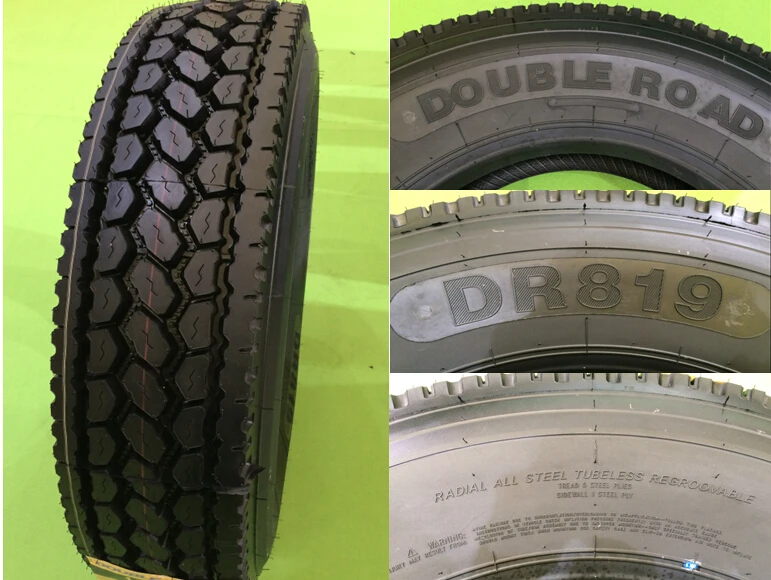 More than 3 million units were shipped as a result of a 42 percent increase in shipments. The Commerce Department has imposed anti-dumping and countervailing duties on a variety of truck and bus tires manufactured in China. According to reports, Cooper Tire raised its prices in the first quarter of 2019.
More than 3 million units were shipped as a result of a 42 percent increase in shipments. The Commerce Department has imposed anti-dumping and countervailing duties on a variety of truck and bus tires manufactured in China. According to reports, Cooper Tire raised its prices in the first quarter of 2019.
Several Chinese tire manufacturers considered expanding their capacities outside of China in the wake of the shock wave of 2015. Cooper Tire and Sailun Jinyu Group have agreed to collaborate to build a radial truck tire plant in Vietnam. China appears to be losing market share to the United States in import statistics from the last few years.
Credit: Walmart
There is no definitive answer to this question as it depends on the country of origin for the tires and the country to which they are being imported. It is advisable to contact the Customs department for the country of import to determine if there are any restrictions or duties that would apply.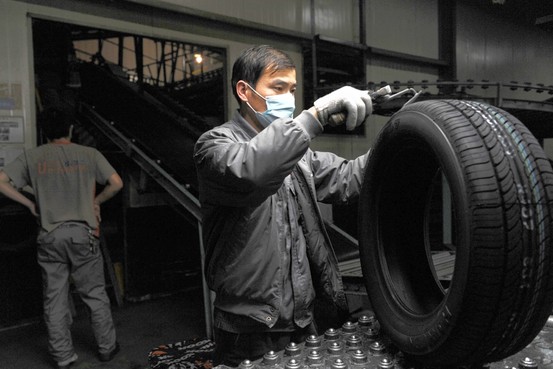
Do you need a special permit from the US to import tires? I love the Miata. Your daughter will be at your house this weekend. This is the new Tie-Dye I’ve got for her. On October 6, 2004, 17:53 p.m., I summarized the findings of the report. Does it mean that they are lower quality than DOT approved? Advan Neovas does not have DOT approval or a UTQG rating.
There is still no doubt that they are superior to the Turanza and other Bridgestone models that have these ratings. In one recent incident, I’m aware of, someone checked in a set of Neova AD07’s as luggage. Because Advan is widely available, it is impossible to deny that people have been able to obtain him. A DOT cert simply means that they are not permitted to drive on public roads in the United States. It is not unusual for the po-po to only recognize one type of behavior. The risks associated with being caught with non-DOT tires are too great for me to ignore. There may also be issues with the government, such as protective tarrifs, legal arrangements with the source country, and product specifics.
Despite the abolition of Bloc countries, Southeast Asia remains a key area of trade. Customs import duty (also known as a tax) is a separate issue from NHTSA/DOT approval. Customs import duty (also known as a tax) is a separate issue from DOT approval. When purchasing a tire for a car, the fixed duty rate is a good idea (if you need it). You will have to prove otherwise if there is an accident involving illegal tires in any way. A taut tread is caused by a moment in the tire that causes the car to turn to the right, regardless of whether the tire is mounted flat or rolled. If the driver falls asleep at the wheel, the car will go off the road rather than colliding with oncoming traffic.
Tires in Japan are designed to pull in the opposite direction when used with RHD. When the tires are placed in different positions, the tread develops a moment in the tire that allows the car to move to the right regardless of the position of the tire. Although I am unsure of the mechanism, I believe the plysteer is an outcome of the tread pattern as well as the internal belt angles and radial cord angles.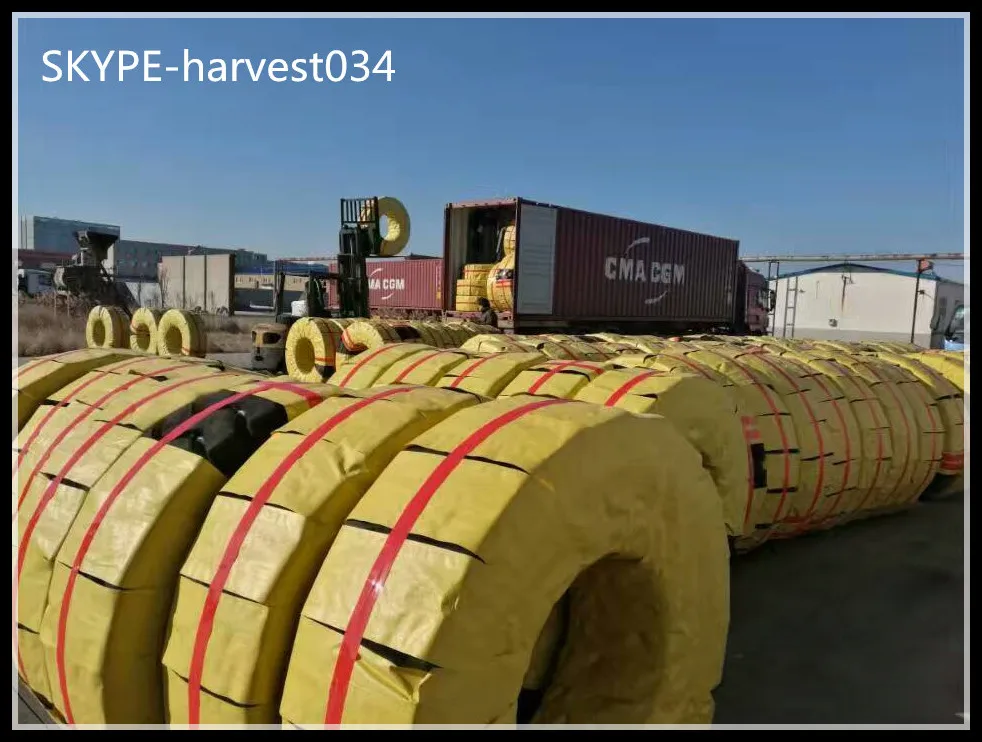 It is not possible to import DOT-approved tires without NHTSA’s approval. It is not possible to get them in the country by claiming they are only for off-road use. If the tire is on one side and the circumference is smaller, it will pull towards that side. This is not a design flaw; rather, it is the result of production variation.
It is not possible to import DOT-approved tires without NHTSA’s approval. It is not possible to get them in the country by claiming they are only for off-road use. If the tire is on one side and the circumference is smaller, it will pull towards that side. This is not a design flaw; rather, it is the result of production variation.
The government has put up several security measures to keep the public safe, but it is possible to smuggle a (1) set of tires into the country without them. If you’re bringing these non DOT approved tires into the country, you should tell NHTSA why and how they’ll be used. If customs seizes the vehicle and decides that there is something to be done, you will never be able to drive those tires again.
Based on the text, it appears that there are two types of tires that can be imported into the United States: FMVSS-compliant tires and used tires. Tires that have a residual life of at least 55% of their original owner’s life are required to meet certain requirements.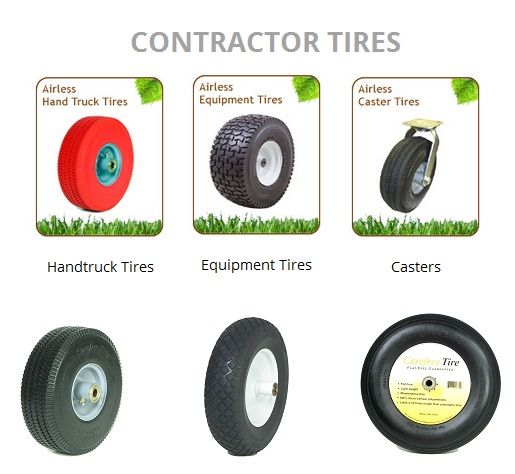 Furthermore, tires should not show any visible signs of damage or cuts. China, along with other countries, is one of the most common violators of the restriction on the importation of tires.
Furthermore, tires should not show any visible signs of damage or cuts. China, along with other countries, is one of the most common violators of the restriction on the importation of tires.
Credit: Alibaba.com
There is no definitive answer to this question as opinions will vary. Some people may have had good experiences with Chinese truck tires while others may have had bad experiences. Ultimately, it is up to the individual to decide if they feel that Chinese truck tires are good or not.
The majority of Chinese truck tires are of good quality; there are a few good brands. If you want a top-quality product, choose a genuine American brand, such as Goodyear, Michelin, or Cooper. The European Union regulates tire manufacturing in China. Tires manufactured by Chinese manufacturers have lower quality standards than tires manufactured by international brands. They are typically not covered by a warranty because they are either retreaded or used. Some Chinese truck tire brands are regarded as high-quality and durable. Tires are made by a variety of manufacturers, including Michelin, Bridgestone, Continental, and Chaoyang.
Some Chinese truck tire brands are regarded as high-quality and durable. Tires are made by a variety of manufacturers, including Michelin, Bridgestone, Continental, and Chaoyang.
Michelin Truck Tires are now being manufactured in China. The tire company is building a $12 million factory in order to meet growing demand. After establishing a manufacturing plant in China in 2005, it has expanded into the country. China’s largest tire manufacturer, Linglong, is a leading manufacturer of tires. China’s Linglong tire company will open its new tire plant in Serbia in the near future, capable of producing two million tires per year. Linglong began producing truck and bus tires more than 50 years ago. In China, the provinces of Shandong, Jiangsu, and Zhejiang are the most productive. The company is working on establishing a name for itself internationally.
There is no one-size-fits-all answer to this question, as the best way to import tyres may vary depending on the specific tyres you are looking to purchase and the country you are importing them from.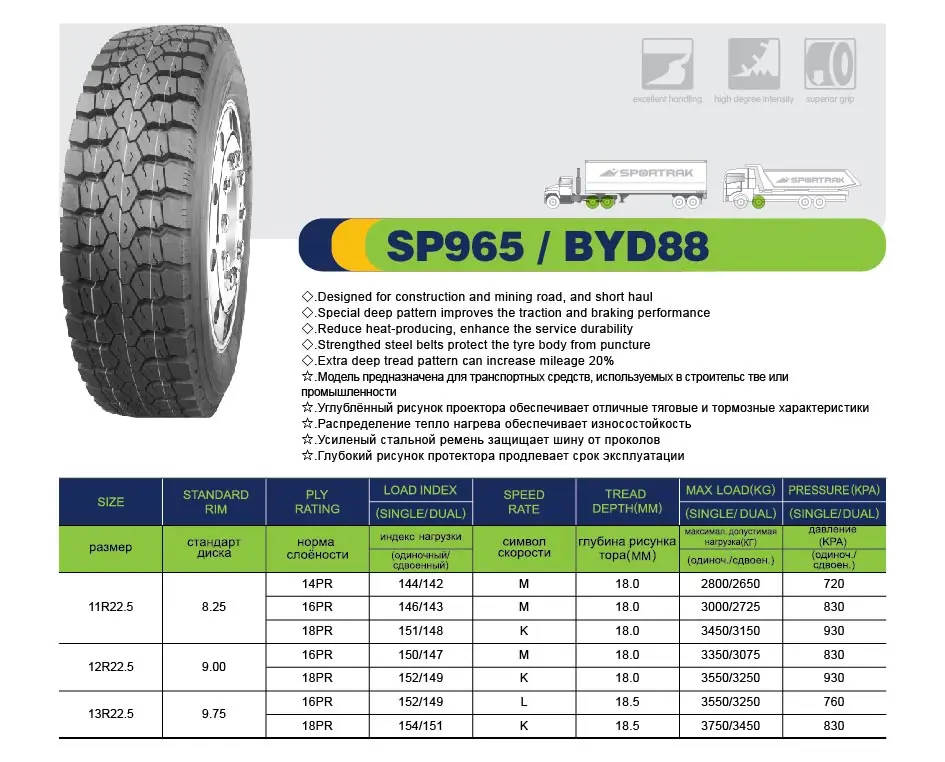 However, some tips on how to import tyres may include contacting tyre manufacturers or dealers in the country you are looking to purchase from, as well as researching import regulations in both that country and your own. Additionally, it is important to ensure that the tyres you are importing are compatible with the vehicles you intend to use them on, as well as to check for any potential recalls or safety issues.
However, some tips on how to import tyres may include contacting tyre manufacturers or dealers in the country you are looking to purchase from, as well as researching import regulations in both that country and your own. Additionally, it is important to ensure that the tyres you are importing are compatible with the vehicles you intend to use them on, as well as to check for any potential recalls or safety issues.
Tires will no longer be permitted to be imported into India from June 20, 2020, in order to boost local manufacturers. The importation of tires necessitates the issuance of a restricted license and permit. When the government issues an import license, the government may be able to restrict the import of tires.
In India, a restricted list of items is available.
In India, there are several restricted items that must be kept under close supervision.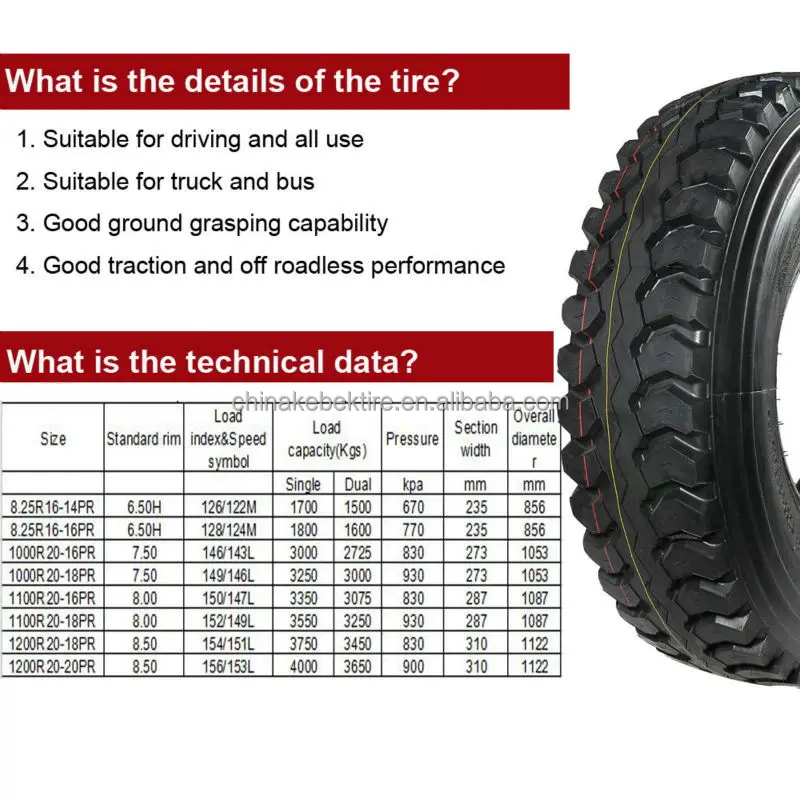 Weapons and ammunition Bombs and incendiary materials The use of hazardous and radioactive materials is prohibited. Plants, animals, and products from endangered species are listed. br> br>/br> br> br> br> br> br> br> br> br> br> The manufacture, construction, and use of plant, machinery, and equipment of the armed forces. This section provides machinery and equipment for nuclear research and development. During war, there are certain goods that must be provided. If you intend to import any restricted items into India, you must first obtain a license from the Department of Foreign Trade (DGFT).
Weapons and ammunition Bombs and incendiary materials The use of hazardous and radioactive materials is prohibited. Plants, animals, and products from endangered species are listed. br> br>/br> br> br> br> br> br> br> br> br> br> The manufacture, construction, and use of plant, machinery, and equipment of the armed forces. This section provides machinery and equipment for nuclear research and development. During war, there are certain goods that must be provided. If you intend to import any restricted items into India, you must first obtain a license from the Department of Foreign Trade (DGFT).
Tires must be mounted on wheels and labeled, and they must be written in the same line; quantity, value, country of origin, and weight must also be entered. If you are using a commercial vehicle, you must cross TOURIST LINE 21 rather than the commercial lane.
When travelling with tires or gasoline, it is illegal to cross into Mexico.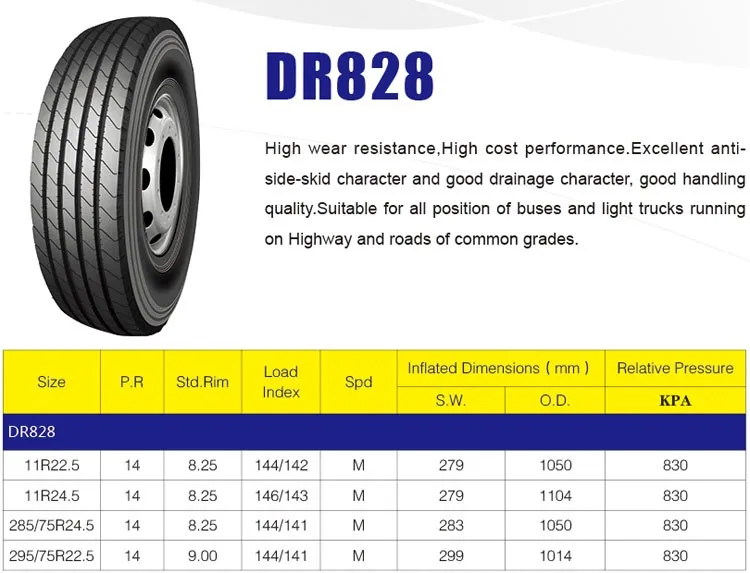 You are not permitted to bring any other type of fuel into the country unless it is in the race gas tank, and you will be fined or arrested if you do so. If you are denied entry into Mexico and cannot return to the United States, you may be arrested in Canada, and the RCMP will contact you.
You are not permitted to bring any other type of fuel into the country unless it is in the race gas tank, and you will be fined or arrested if you do so. If you are denied entry into Mexico and cannot return to the United States, you may be arrested in Canada, and the RCMP will contact you.
There is no special license required to import from China. However, importers are responsible for ensuring that their products comply with all relevant U.S. laws and regulations. Products that do not meet these requirements may be refused entry into the United States or may be subject to additional import requirements and/or penalties.
Without an import license, the risk of missing a customs clearance increases, which can be both time-consuming and costly. A license is used to achieve two goals: it serves as a non-tariff barrier and it safeguards the local economy.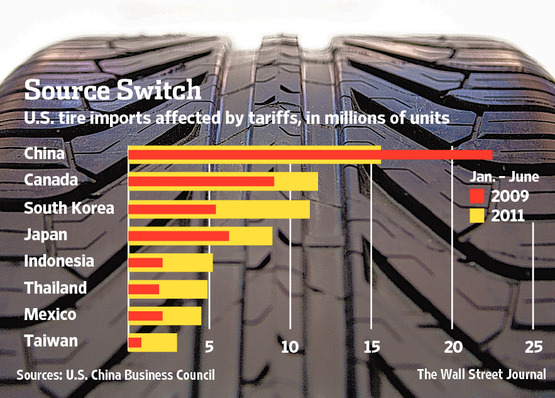 Before you can export, a Chinese importer must first obtain an import license. Automatic import licenses can be used for up to six months, and are only valid for one batch of imported goods. There are four types of goods imported into China: permitted goods, restricted goods, restricted goods, prohibited goods, and certain monitoring goods. You should contact your importer to see what license applies to your specific products. In rare cases, if you intend to export goods to China, an automatic import license must be obtained. Most products do not require licenses, whereas some require them automatically. The application is reviewed and approved by the Ministry of Commerce (MOFCOM) for a period of two weeks.
Before you can export, a Chinese importer must first obtain an import license. Automatic import licenses can be used for up to six months, and are only valid for one batch of imported goods. There are four types of goods imported into China: permitted goods, restricted goods, restricted goods, prohibited goods, and certain monitoring goods. You should contact your importer to see what license applies to your specific products. In rare cases, if you intend to export goods to China, an automatic import license must be obtained. Most products do not require licenses, whereas some require them automatically. The application is reviewed and approved by the Ministry of Commerce (MOFCOM) for a period of two weeks.
Consider a shirt that costs $80 in the U.S., but only $10 in China, which is a great deal for a shirt of that size. Customs clearance time can be a significant financial burden, in addition to the time spent clearing goods. Using a Customs Broker can help you speed up the process and reduce the amount of time it takes.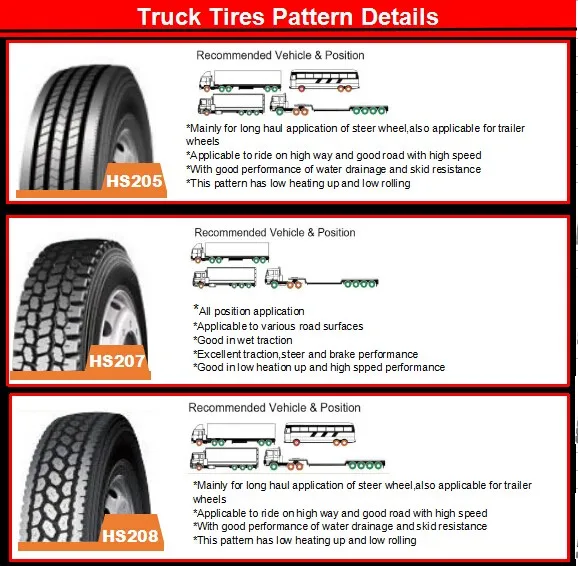
A reliable Customs Broker can assist you in importing goods from China. Customs Brokers are licensed and regulated by the United States Customs and Border Protection (CBP), allowing them to expedite the clearance process. If you hire a Customs Broker, you can reduce the cost of production and the total cost of landed units.
The vast majority of Chinese goods are not required to be licensed in order to enter the United States. Customs and Border Protection (CBP) (Customs and Border Protection) requires you to complete the necessary entry, examination, valuation, classification, and clearance measures in order to obtain clearance. To obtain an import license, you must first apply for one with the Ministry of Commerce (MofCOM). The authority’s job is to implement new regulations for foreign direct investment, exports, imports, and trade. You must be aware that your importer is in charge of managing your application for obtaining an import license.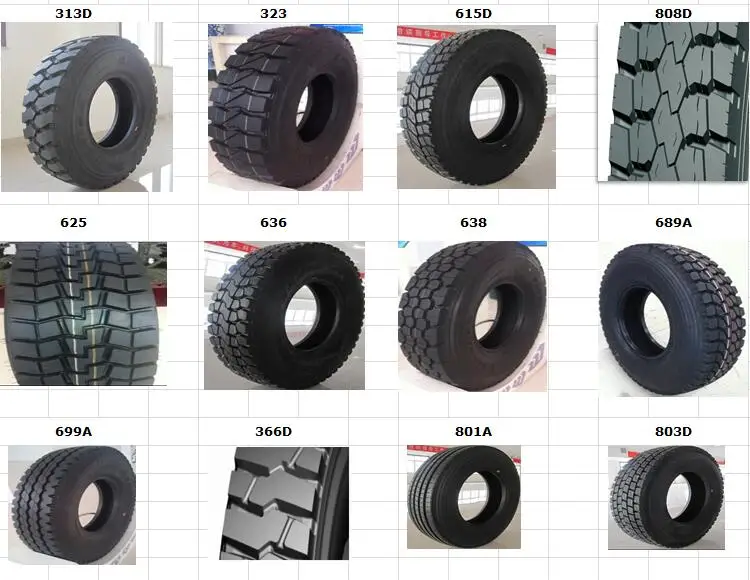 A copy of the permission letter and application submitted to the Regional Authority of theDGFT (DGFT) for that Regional Authority must be submitted to the relevant DGFT (HQ) after the firm has received permission from the DGFT (Hqrs). The Regional Authority of the Directorate General of Foreign Trade will issue an import license to the applicants for restricted items. What documents do I need to import from China? There are several different types of necessary documents, but they can range from standard documents such as a bill of lading, invoice, shipping list, customs declaration, insurance policy, and sales contract to more specialized documents such as import quota certificates for general commodities (which may apply), import licenses (
A copy of the permission letter and application submitted to the Regional Authority of theDGFT (DGFT) for that Regional Authority must be submitted to the relevant DGFT (HQ) after the firm has received permission from the DGFT (Hqrs). The Regional Authority of the Directorate General of Foreign Trade will issue an import license to the applicants for restricted items. What documents do I need to import from China? There are several different types of necessary documents, but they can range from standard documents such as a bill of lading, invoice, shipping list, customs declaration, insurance policy, and sales contract to more specialized documents such as import quota certificates for general commodities (which may apply), import licenses (
In the United States, light truck tire imports have been increasing in recent years. In 2017, light truck tire imports totaled nearly $4.4 billion, up from $3.6 billion in 2016. The majority of light truck tire imports come from Canada, Mexico, and China.
This chart shows the level of tire imports into the United States. Imports of medium truck tires increased by 45.9% in the second quarter of 2021. Imports of passenger, light truck, and medium truck tires increased by 15%, 12.1%, 28.5%, and 15%, respectively, in the first six months of 2022. More than 42% of all truck-related imports are made in Thailand, which ranks first in this category. Tires imported from Chile, Malaysia, and the Philippines are now the world’s top ten largest producers. With the growing popularity of light trucks, it appears that there is a significant shift in tire supply from Asia. The USTMA expects a 6.5% increase in the replacement market for medium truck and bus tires in 2012.
Delivery of tires from China has become a profitable business for many entrepreneurs. The progress of Chinese production and its increased pace make it possible to provide the market with a more affordable product.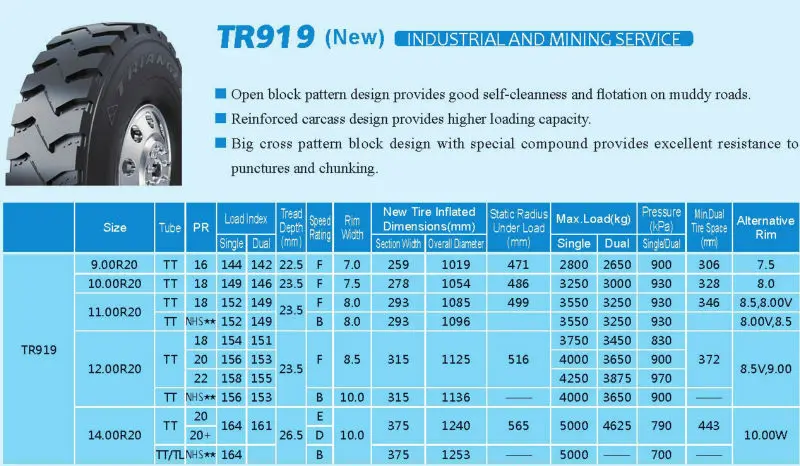 In China, high-quality products of the corresponding cost are created. The stake of the enterprises is made on the supply of a cheap quality product, in particular, tires. This way they provide themselves with a sufficient level of consumer demand.
In China, high-quality products of the corresponding cost are created. The stake of the enterprises is made on the supply of a cheap quality product, in particular, tires. This way they provide themselves with a sufficient level of consumer demand.
Tires are an integral part of the car, on which the handling on the road and the safety of the car as a whole depend. Select quality products. Chinese brands appeared on the world market at the end of the last century. And during this time, their positions have only strengthened, and production rates are growing every year. Today, tires from China are high quality products with their own brand and reasonable prices. Now Chinese products are a worthy competitor to European products. nine0003
Chinese manufacturers offer a wide range of high quality tires for any car. However, not every buyer will orient himself in the available variety. It is important to remember that the sidewall of the tire has all the necessary information: dimensions, characteristics, seasonality, and so on. China has launched production of products that fully meet the requirements of our standards and roads. Now every Russian car owner has access to high quality at an affordable price.
China has launched production of products that fully meet the requirements of our standards and roads. Now every Russian car owner has access to high quality at an affordable price.
The company supplies tires for trucks from China in accordance with all the rules for the transportation of imported products. The cargo will be delivered safely in the optimal time. Employees of RFK Group take on the tasks of processing customs documentation. Delivery will be made in the shortest possible time. nine0003
Name of goods
Tires for trucks
volume (m3)
25.00
Brutto weight (kg) 9000
Customs value (USD per kg)
2.26
Total customs value (USD)
15 029
Duty rate, %
900 Amount02 USD 10.00 : 00031,718
TOTAL
12,088
What is your name
Telephone
Name of cargo
Load weight, kg
Cargo volume, m 3
I have read the privacy policy of site
You can also send us an inquiry E-mail info@rfkgrp.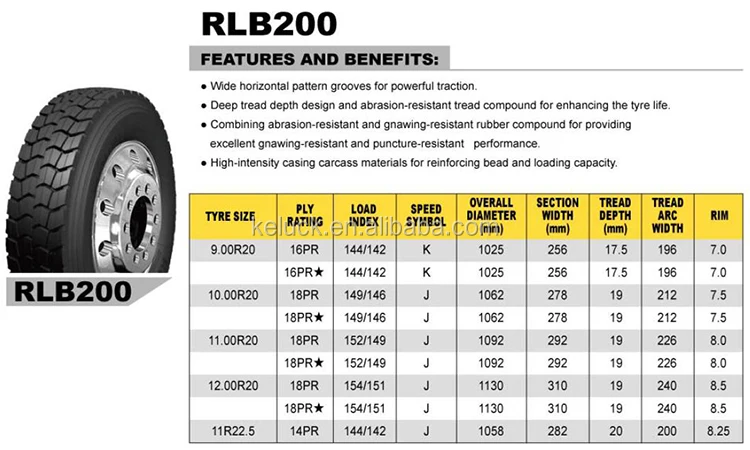 com
com
Submit an application
» / M. Stulov / Vedomosti
The Eurasian Economic Commission (EEC) may impose anti-dumping duties on truck tires imported from China for five years. Depending on the manufacturers, they can be 14.79-35.35% and will be added to the existing rate, which is currently 11.7%. This follows from a report published on Friday by the EEC Internal Market Protection Department on the results of an anti-dumping investigation. It began in September 2014 and covered the period from July 1, 2013 to June 30, 2014.
The investigation was carried out on the basis of the application of the Russian enterprises Omskshina, Yaroslavl Tire Plant, Nizhnekamskshina, Nizhnekamsk Truck Tire Plant, Nizhnekamsk Tire Plant CMK and the Belarusian "Belshina". During the investigation period, they accounted for 87.7% of the total production of truck tires in the countries of the Eurasian Economic Union (EAEU).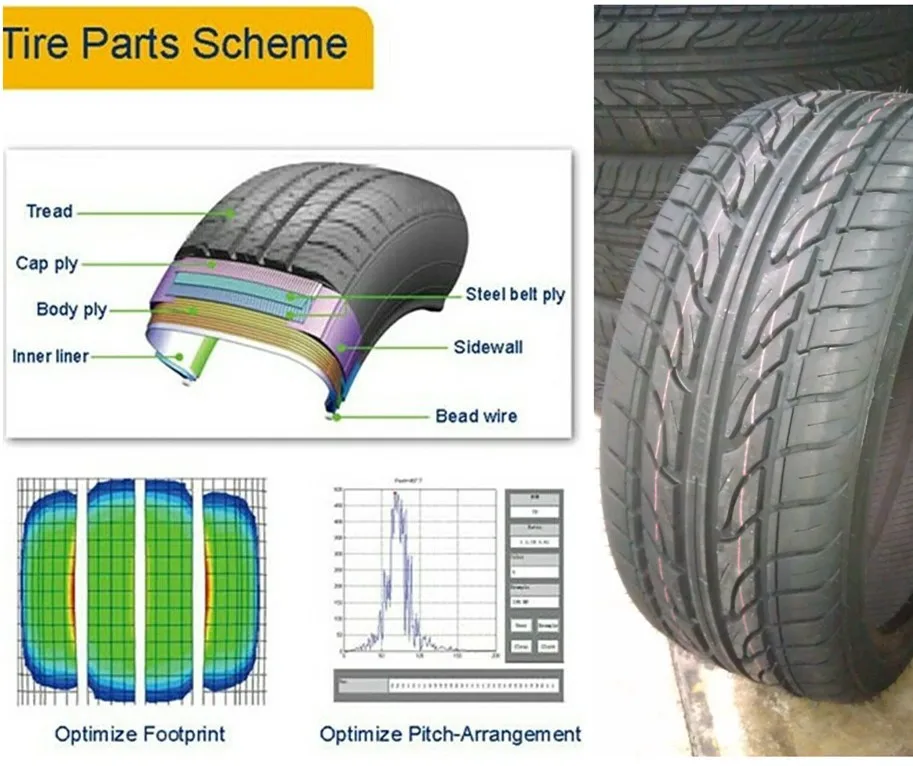 In general, during the investigation period, 5 million truck tires (-15.5%) were produced in the member countries of the union, with domestic consumption of 7.3 million units. (-5.8%). Imports amounted to 3.36 million units, mainly from China (2.26 million units, +13%). nine0003
In general, during the investigation period, 5 million truck tires (-15.5%) were produced in the member countries of the union, with domestic consumption of 7.3 million units. (-5.8%). Imports amounted to 3.36 million units, mainly from China (2.26 million units, +13%). nine0003
“Despite the decrease in consumption of goods, the supply of truck tires from China increased by 13%. At the same time, the share of Chinese goods in the union's market increased by 4.8 percentage points,” the report says. During the investigation period, the share of truck tires produced in the EAEU and sold on the market of the Union decreased by 4.1 percentage points compared to the same period, the load of local capacities decreased by 6.9 percentage points. 9%, while the cost increased by 4.8%, which indicates the containment of prices for truck tires by manufacturers of the EAEU economy,” the report says. As a result, there was a "dramatic reduction in profitability by 8 percentage points." Investments have been cut three times.